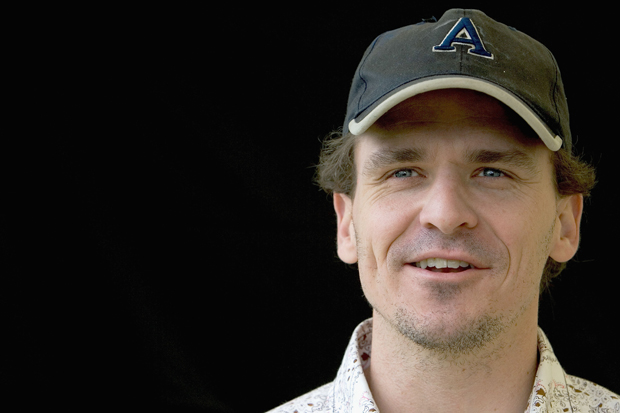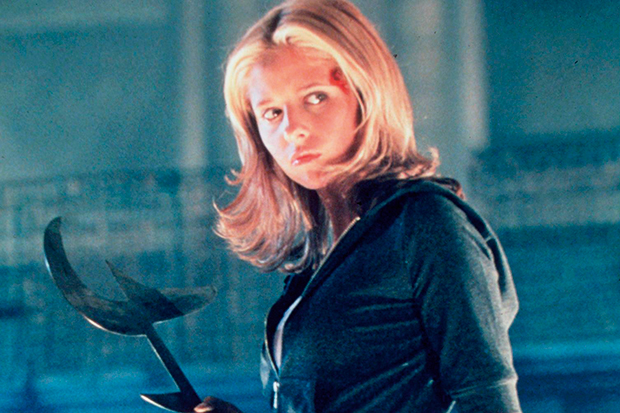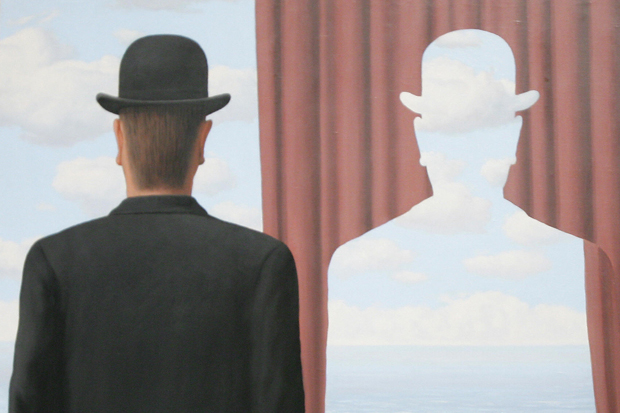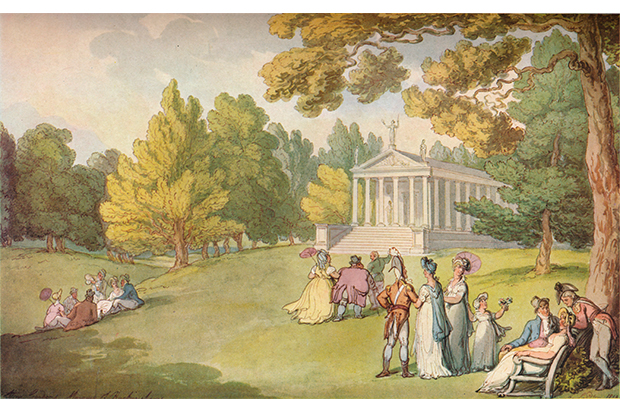In The Circle, Dave Eggers’s satirical dystopia about an insatiable Google-like conglomerate, there’s a scene in which drones hound a social-media refusenik to his live-streamed doom; the character’s name, Mercer, was a nod to the American philosopher Ralph Waldo Emerson, whose 1841 essay ‘Self-Reliance’ saw Twitter coming.
At least that’s a hunch that looks fairly sound now that Eggers has written a novel about going off-grid in the woods. His fourth book in as many years (apparently he doesn’t have Wi-Fi), it’s another chronicle of post-Dubya America — the object of Eggers’s elegy and polemic ever since he ditched the postmodern frills of his meta-memoir debut, A Heartbreaking Work of Staggering Genius, to document the experience of a Sudanese refugee in the true-life novel What is the What.
As tends to be Eggers’s way, Heroes of the Frontier is told from a single point of view. We’re in the company of Josie, a 40-year-old dentist from Ohio, who rents a rickety motor home to whisk away her young children Paul and Ana to Alaska after their recently estranged father, Carl, asks to introduce them to the woman he’s about to marry. It doesn’t help Josie’s state of mind that she’s just lost her livelihood in a negligence suit; nor that a friend has died in Afghanistan after she encouraged him to enlist.
Sticking to Josie’s perspective means we’re never certain how misted-up her view might be. Punctuated by random, sometimes surreal encounters involving, among other things, a magic show on a cruise ship, the impromptu road trip gives her a chance to unload — at least mentally — as we listen in on her rambling takedowns of cyclists, stay-at-home mothers and Carl, a workshy daddy’s boy who spends too long in the lavatory. She hasn’t told him what she’s up to; it’s not kidnapping, quite, yet it’s hard not to sense an uncanny echo of Eggers’s previous novel, Your Fathers, Where Are They? And the Prophets, Do They Live Forever?, about an angry not-so-young man whose grievances literally get a captive audience.
As in that book, the spree must cease, but how? Local threats accompanying this bassline jeopardy include forest fires and the nosiness of a good citizen, once cash-strapped Josie starts chancing her arm squatting à la Goldilocks.
Ultimately, though, Heroes of the Frontier is a character study, more interested in texture than tension. The protagonist is inexplicable, as people are, and as fictional characters often aren’t: when she leaves Paul and Ana with an ex-soldier she’s only just met, it’s a U-turn for someone who started out unable to sleep for fear an evildoer might murder them in their beds. I find the inconsistency a mark of Eggers’s success; you may disagree, and it’s certainly fair to say that the limp ending adds to a sense that his heroine’s not the only one short of a plan.
The post You can run but you can’t hide appeared first on The Spectator.
Got something to add? Join the discussion and comment below.
Get 10 issues for just $10
Subscribe to The Spectator Australia today for the next 10 magazine issues, plus full online access, for just $10.
You might disagree with half of it, but you’ll enjoy reading all of it. Try your first month for free, then just $2 a week for the remainder of your first year.














Comments
Don't miss out
Join the conversation with other Spectator Australia readers. Subscribe to leave a comment.
SUBSCRIBEAlready a subscriber? Log in